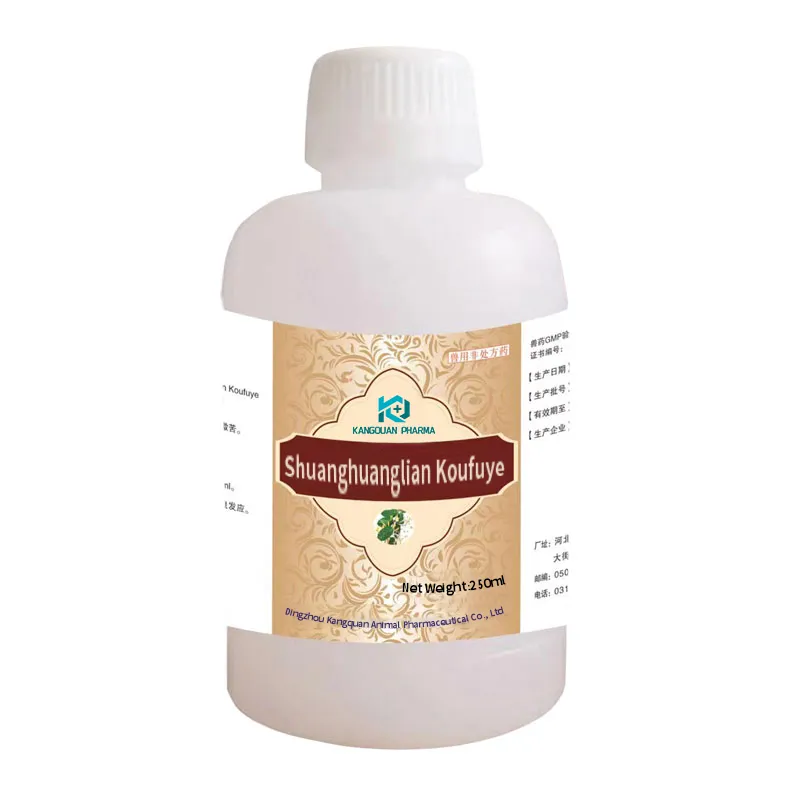- Afrikaans
- Albanian
- Amharic
- Arabic
- Armenian
- Azerbaijani
- Basque
- Belarusian
- Bengali
- Bosnian
- Bulgarian
- Catalan
- Cebuano
- Corsican
- Croatian
- Czech
- Danish
- Dutch
- English
- Esperanto
- Estonian
- Finnish
- French
- Frisian
- Galician
- Georgian
- German
- Greek
- Gujarati
- Haitian Creole
- hausa
- hawaiian
- Hebrew
- Hindi
- Miao
- Hungarian
- Icelandic
- igbo
- Indonesian
- irish
- Italian
- Japanese
- Javanese
- Kannada
- kazakh
- Khmer
- Rwandese
- Korean
- Kurdish
- Kyrgyz
- Lao
- Latin
- Latvian
- Lithuanian
- Luxembourgish
- Macedonian
- Malgashi
- Malay
- Malayalam
- Maltese
- Maori
- Marathi
- Mongolian
- Myanmar
- Nepali
- Norwegian
- Norwegian
- Occitan
- Pashto
- Persian
- Polish
- Portuguese
- Punjabi
- Romanian
- Russian
- Samoan
- Scottish Gaelic
- Serbian
- Sesotho
- Shona
- Sindhi
- Sinhala
- Slovak
- Slovenian
- Somali
- Spanish
- Sundanese
- Swahili
- Swedish
- Tagalog
- Tajik
- Tamil
- Tatar
- Telugu
- Thai
- Turkish
- Turkmen
- Ukrainian
- Urdu
- Uighur
- Uzbek
- Vietnamese
- Welsh
- Bantu
- Yiddish
- Yoruba
- Zulu
Nov . 18, 2024 10:24 Back to list
Albendazole oral solution for treating parasitic infections in children and adults
Albendazole Oral Syrup Overview and Usage
Albendazole is a broad-spectrum anthelmintic medication primarily used for the treatment of various parasitic infections. Available in various forms, one of its most effective and convenient forms is the oral syrup. This formulation is particularly useful for pediatric patients and those who may have difficulty swallowing tablets.
Mechanism of Action
Albendazole works by inhibiting the polymerization of tubulin, a protein essential for the formation of microtubules in parasitic worms. This disruption prevents the parasites from absorbing glucose and other nutrients, ultimately leading to their energy depletion and death. By targeting the metabolic processes of worms, albendazole effectively eliminates infections caused by a range of parasites, including tapeworms, roundworms, and flukes.
Indications
Albendazole oral syrup is indicated for several parasitic infections, including
1. Neurocysticercosis - A condition caused by the larvae of the pork tapeworm, which can lead to severe neurological issues. 2. Hydatid disease - Caused by infection with the Echinococcus granulosus tapeworm, leading to larval cyst formation in the liver and other organs. 3. Intestinal nematode infections - Such as ascariasis (roundworm), enterobiasis (pinworm), and hookworm infections. 4. Giardiasis - Although this is often treated with other medications, albendazole can be effective in specific cases.
albendazole oral syrup

Dosage and Administration
The recommended dosage of albendazole oral syrup varies depending on the type of infection being treated and the age of the patient. For children, the dosage is often based on weight, ensuring optimal therapeutic outcomes while minimizing the risk of side effects. The syrup form allows for easier administration, especially in younger patients or those with difficulties in swallowing.
Patients are usually advised to take the medication with food to enhance its absorption and efficacy. The duration of treatment may range from a single dose to multiple doses over several days, depending on the parasite and infection severity.
Side Effects
Like any medication, albendazole may have side effects, although many patients tolerate it well. Common side effects include abdominal pain, nausea, vomiting, and dizziness. More serious reactions, such as liver dysfunction or allergic reactions, are rare but may occur. As with any anthelmintic, it’s important for patients to follow their healthcare provider’s instructions and report any unusual symptoms promptly.
Conclusion
Albendazole oral syrup is a vital tool in the fight against parasitic infections, particularly in children and individuals who have challenges with traditional tablet forms. Its broad-spectrum efficacy, combined with a relatively favorable safety profile, makes it a first-line treatment choice for various helminth infections. As with all medications, proper medical guidance is essential to ensure effective and safe treatment.
-
Guide to Oxytetracycline Injection
NewsMar.27,2025
-
Guide to Colistin Sulphate
NewsMar.27,2025
-
Gentamicin Sulfate: Uses, Price, And Key Information
NewsMar.27,2025
-
Enrofloxacin Injection: Uses, Price, And Supplier Information
NewsMar.27,2025
-
Dexamethasone Sodium Phosphate Injection: Uses, Price, And Key Information
NewsMar.27,2025
-
Albendazole Tablet: Uses, Dosage, Cost, And Key Information
NewsMar.27,2025













